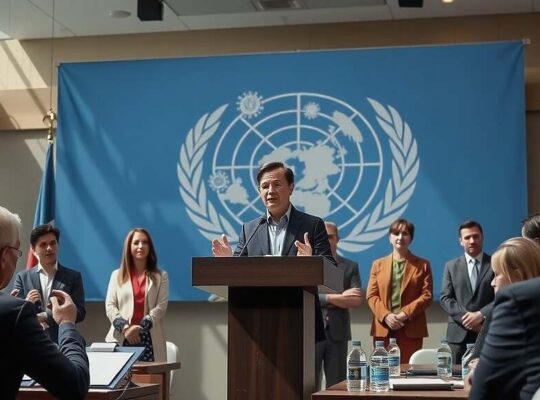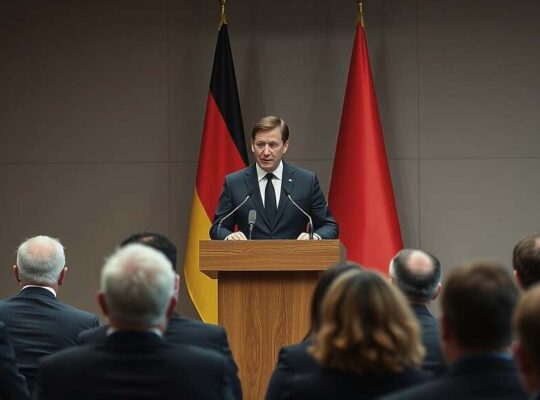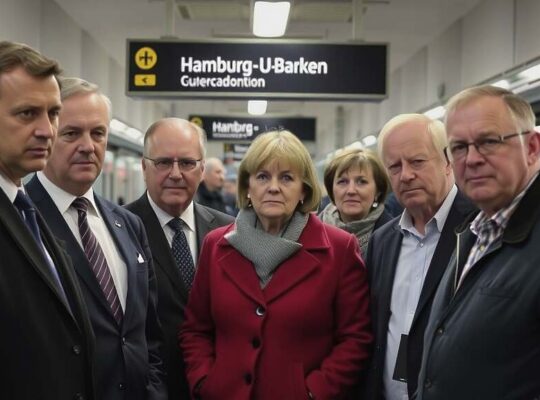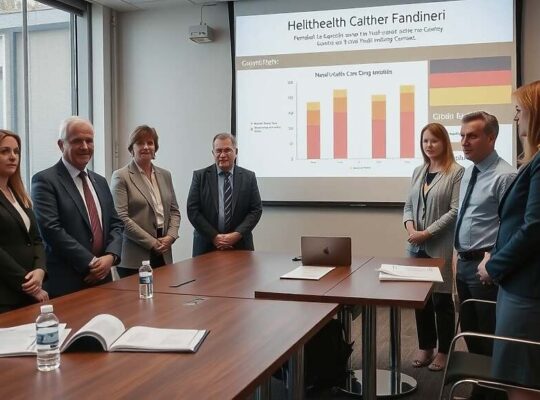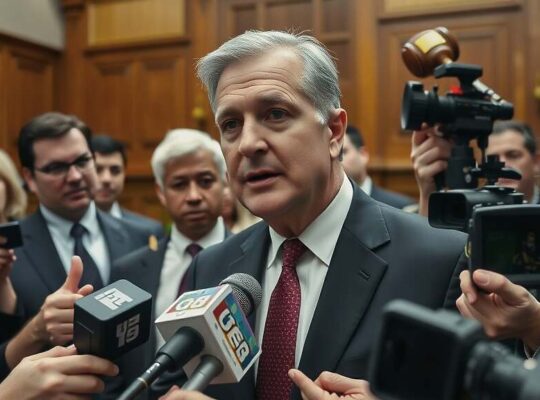Several studies, including research conducted by the Ifo Institute, project a significant increase in the global demand for air conditioning systems as the impacts of rising global temperatures intensify. The findings highlight a pressing need for proactive measures to mitigate the challenges ahead.
Researchers estimate that without decisive political action, the worldwide energy requirement for air conditioning could triple by 2050. This projection underscores the urgency of developing solutions that expand energy supply, improve energy efficiency, cultivate cooler urban environments and encourage shifts in behavior.
Currently, only 27% of households globally possess air conditioning. Projections suggest this figure could rise to 55% by 2050. However, access to cooling solutions is expected to be unevenly distributed. In regions like Africa, the percentage of homes with air conditioning is anticipated to remain below 15% by mid-century. This disparity would leave nearly four billion people vulnerable to extreme heat without mechanical cooling.
Furthermore, the studies reveal a significant economic burden, particularly for lower-income households. Future cooling costs could consume up to 8% of their income, a stark contrast to the 0.2-2.5% experienced by wealthier households. This could exacerbate energy poverty and inequality.
To address these escalating challenges, researchers advocate for comprehensive strategies. These include expanding renewable energy sources and storage capacity, promoting energy-efficient technologies, implementing urban planning initiatives focused on creating cooler cities and fostering behavioral changes, such as moderate thermostat settings. Already, air conditioning is recognized as a major driver of global electricity demand.
“Ensuring sustainable and equitable access to cooled or heat-resistant living spaces must become a global political priority for moral, health and social reasons” stated Ifo researcher Filippo Pavanello. “Urban temperatures are rising and the number of fatalities during intense heatwaves is increasing. The time for action is now”.



